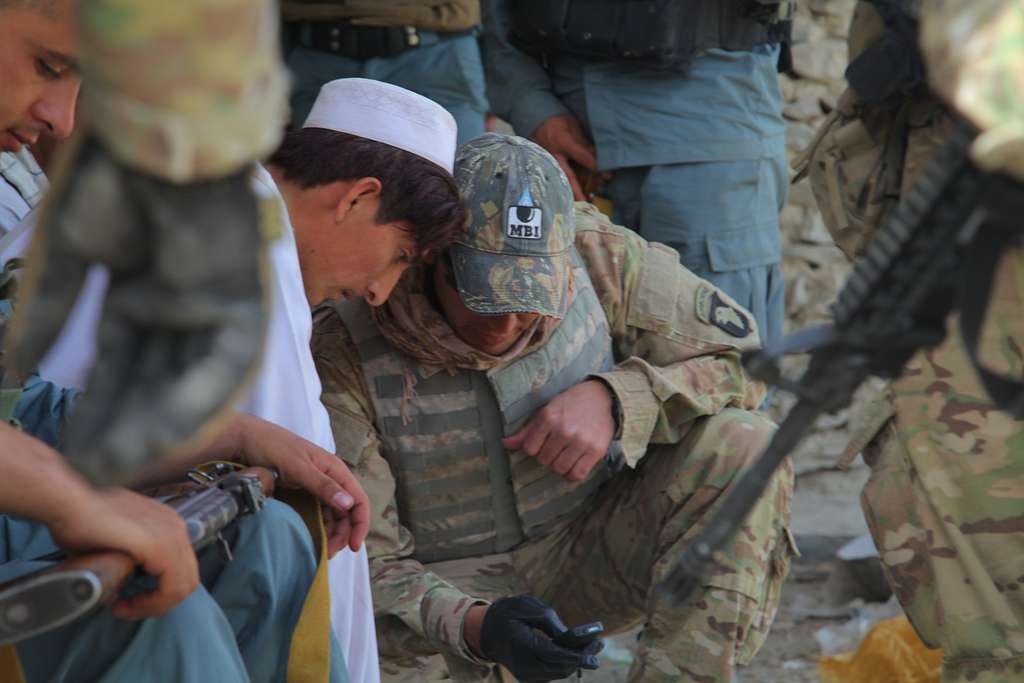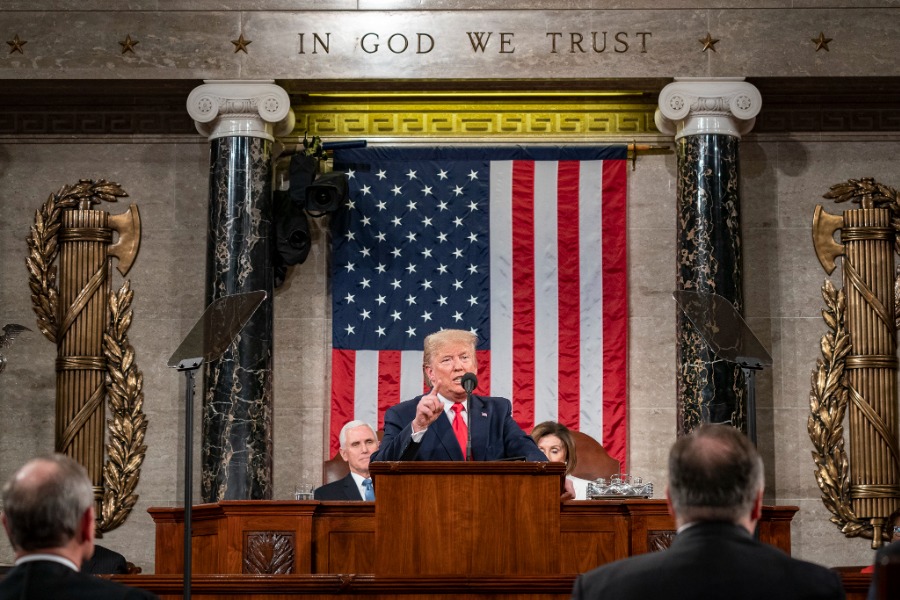Michael Lumpkin (ASD-SO/LIC) on Revisiting the AUMF and Article II as a Backstop
SEN.
Published by The Lawfare Institute
in Cooperation With

SEN. GRAHAM: Secretary Lumpkin, do we have the authority, legally under the AUMF or other authorities, to deal with al-Qaeda threats that are emerging throughout Africa and in Syria?Translating that last exchange: As Obama administration officials have noted before, the end of the war model would not mean that force would not be used in appropriate circumstances. The million-dollar question is: just what are those circumstances? Secretary Lumpkin points to the pre-9/11, pre-AUMF example of military force being used against al Qaeda under color of Article II alone. It’s a point that I develop in considerably more detail in this essay on what the “postwar” legal architecture might allow.MR. LUMPKIN: If it’s, again, one of those al-Qaeda affiliates, then the AUMF gives us the authority to act as necessary.
SEN. GRAHAM: Are we locked in by their organizational structure? I mean, can the enemy use their organizational structure naming to deny us capabilities to protect the country?MR. LUMPKIN: I think that if there is an affiliate and an associate and it’s been recognized, regardless of what they call themselves and the relationship, I think that, of course we’d have to go to the (lawyer’s group?), but my sense is that we would probably be in a good place to use the AUMF.
SEN. GRAHAM: Does the Congress need to do anything from your point of view to enhance your legal standing?MR. LUMPKIN: The AUMF has served us very well and gives the department the ability to do what’s necessary. Currently, however, I think we’re at a point where the AUMF—at some point we need to relook at it…
… SEN. KAINE: You know, just wrestling with what Congress should do, if the war is ending at the end of our 2014 activities in Afghanistan, should the authorization expire?MR. LUMPKIN: Again, as I mentioned to Senator Graham earlier, I think we’re at the point where, while the AUMF has supported the needs of the department in order to execute the missions at hand—in order to protect the homeland and American interests—I think we’re at an inflection point that may be a time to look at the AUMF to see if it does need adjustment to better serve this country.
SEN. KAINE: Whether there might be a need to consider sort of a Chapter 2 version?MR. LUMPKIN: Potentially. And I look forward to working with the Congress as they consider and shape these issues…
SEN. KAINE: Has there been work done to the extent of either of your knowledge to determine, in the absence of the current AUMF, would the DOD, more broadly our defense establishment, have the tools necessary to wage the battle against terrorism that is needed circa 2014?MR. LUMPKIN: Well, clearly, the president does have constitutional authorities as the commander in chief. Previously, al-Qaida, prior to 9/11, has been engaged in the past. So it can be done.
I think that we are at a natural inflection point. I think it’s a good time to sit back and look and see where we’re at, look at the threat in the future and make sure we clearly craft something that has left and right flanks, that has a program time to relook to make sure it serves our interests and gives us the ability to engage the threats that face us not only today but also tomorrow…





